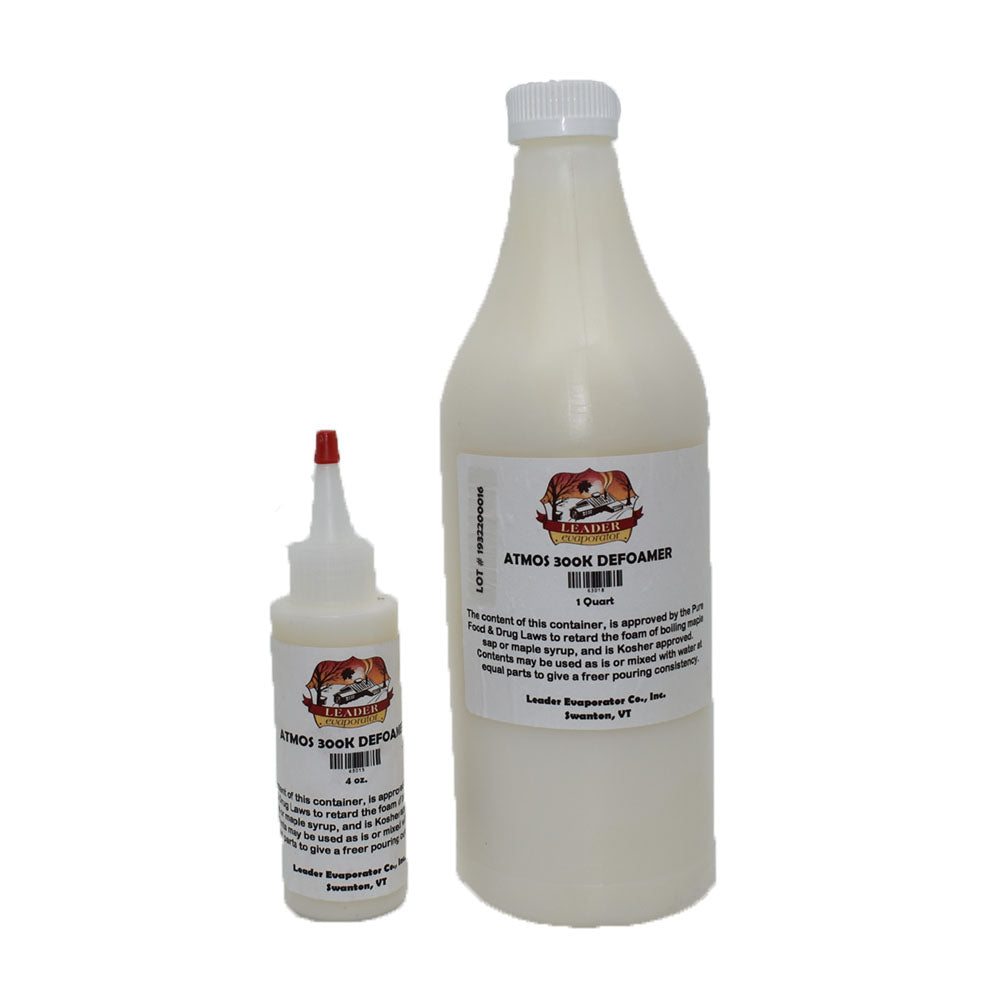Discover the Top Advantages of Utilizing Defoamers in Industrial Processes
The application of defoamers in industrial processes offers an array of compelling benefits that can enhance operational performance and item quality. By successfully regulating foam production, these agents not just optimize product flow yet also contribute to substantial expense decreases and improved sustainability. The effects of taking on defoamers might be more profound than at first viewed.
Improved Refine Performance
Optimizing industrial processes frequently involves attending to lathering issues, which can hinder functional performance. Foam formation can disrupt the proper functioning of equipment, lower the effective utilization of resources, and complicate the monitoring of crucial parameters. By executing defoamers, industries can efficiently alleviate these problems, causing structured operations and improved productivity.
Defoamers work by destabilizing the foam framework, permitting quick collapse and significant reduction in foam volume. This activity not only enhances the circulation of products with devices, such as mixers, activators, and pipelines, however also minimizes interruptions triggered by foam overflow. Tools downtime is minimized, enabling for a much more effective and continual manufacturing process.
Additionally, the usage of defoamers can result in reduced power consumption. With much less foam to manage, pumps and compressors can operate extra effectively, causing lower functional expenses and a total enhancement in procedure throughput. Eventually, the calculated usage of defoamers not only addresses prompt foaming obstacles however additionally contributes to an extra effective industrial ecological community, promoting an affordable advantage in a demanding market.
Improved Item Quality
The combination of defoamers in commercial processes plays an important duty in enhancing product top quality. By effectively managing foam development, defoamers add to the consistency and harmony of final products. Extreme foam can bring about aeration, which negatively affects the appearance and security of formulations, particularly in sectors such as food and layers, pharmaceuticals, and beverages.

Moreover, defoamers promote far better mixing and diffusion of active ingredients, resulting in homogeneity in formulations. This is essential in applications where accurate active ingredient ratios are essential for efficiency and safety. In addition, the elimination of foam can reduce the danger of contamination during production, further guarding product honesty.
Eventually, by improving product top quality, defoamers not only boost consumer fulfillment however additionally strengthen brand name track record. Their role in preserving top quality criteria underscores their relevance in modern industrial procedures.
Price Decrease Advantages
Executing defoamers in industrial procedures can cause considerable expense decrease benefits. By properly controlling foam formation, defoamers decrease product loss during production, therefore optimizing material use. This decrease in waste translates directly into reduced basic material costs, improving general functional effectiveness.
Additionally, using defoamers can decrease energy usage. Extreme foam can prevent equipment performance, resulting in increased power requirements to preserve manufacturing degrees. By minimizing foam, defoamers help with smoother operations, enabling machinery to run a lot more successfully and reducing energy expenditures.

Furthermore, defoamers can shorten processing times. Foam can create additional challenges that prolong production cycles. By utilizing defoamers, industries can streamline their processes, leading to faster turn-around times and boosted throughput. This performance not just speeds up production but also allows companies to fulfill market needs a lot more quickly.

Environmental Influence Mitigation
In industrial procedures, using defoamers plays a vital role in mitigating environmental effects related to foam generation. Foam can lead to considerable functional inadequacies, resulting in boosted exhausts and waste generation. By effectively managing foam, defoamers aid maintain process effectiveness, consequently lowering the total environmental impact of operations.
Additionally, too much foam can overflow containment systems, resulting in spills that may pollute soil and water resources. Defoamers assist lessen this threat by making certain that foaming does not exceed recommended limitations, advertising compliance with ecological regulations. This proactive approach not just safeguards communities however likewise improves the sustainability of industrial methods.
Furthermore, making use of defoamers can decrease power intake in different procedures. defoamers. Minimizing foam formation decreases the requirement for additional energy-intensive measures, such as increased frustration or pumping, which might or else be essential to take care of foam. Subsequently, the fostering of defoamers lines up with broader sustainability goals by promoting power effectiveness while lessening the carbon footprint of industrial tasks.
Ultimately, integrating defoamers right into commercial procedures is a critical action that supports environmental stewardship and liable resource monitoring.
Flexibility Across Industries
Across numerous markets, defoamers demonstrate exceptional flexibility, adjusting to the certain needs of varied applications. In the food and beverage market, as an example, defoamers are essential to preserving product high quality by stopping foam formation throughout processing, which can influence texture my blog and taste. Similarly, in the pharmaceutical industry, defoamers ensure the security of formulas, boosting product effectiveness and consistency.
In the chemical manufacturing world, defoamers facilitate smoother operations by decreasing foam in reaction vessels, therefore boosting yield and decreasing downtime. The paper and pulp industry depends on description defoamers to enhance the effectiveness of pulp handling and paper manufacturing, guaranteeing optimum item integrity. Furthermore, in wastewater therapy centers, defoamers play a vital function in managing foam during aeration procedures, leading to improved treatment end results.
The adaptability of defoamers includes the oil and gas sector, where they assist in managing foam in boring liquids and manufacturing procedures. By customizing formulations to meet particular market needs, defoamers function as essential tools that enhance operational performance, item quality, and overall process effectiveness across a multitude of sectors. Their adaptability underscores their worth in modern-day industrial applications.
Conclusion
Finally, the use of defoamers in industrial processes offers countless advantages, including boosted effectiveness, enhanced item top quality, considerable price decreases, and favorable ecological influences. Their ability to successfully regulate foam development adds to functional continuity and resource optimization. In addition, the adaptability of defoamers across varied markets underscores their critical duty in promoting lasting methods and profitability. The integration of defoamers represents a strategic technique to addressing difficulties associated with foam administration in various producing settings.
Ultimately, the critical use of defoamers not just addresses prompt foaming difficulties however additionally contributes to a more effective commercial ecological community, fostering a competitive advantage in a demanding market.
In industrial processes, the use of defoamers plays a vital duty in mitigating ecological impacts associated with foam generation. By successfully regulating foam, defoamers aid keep procedure efficiency, thus decreasing the general ecological footprint of operations.
Additionally, in wastewater treatment facilities, defoamers play a vital function in managing foam during aeration processes, leading to improved treatment outcomes.
